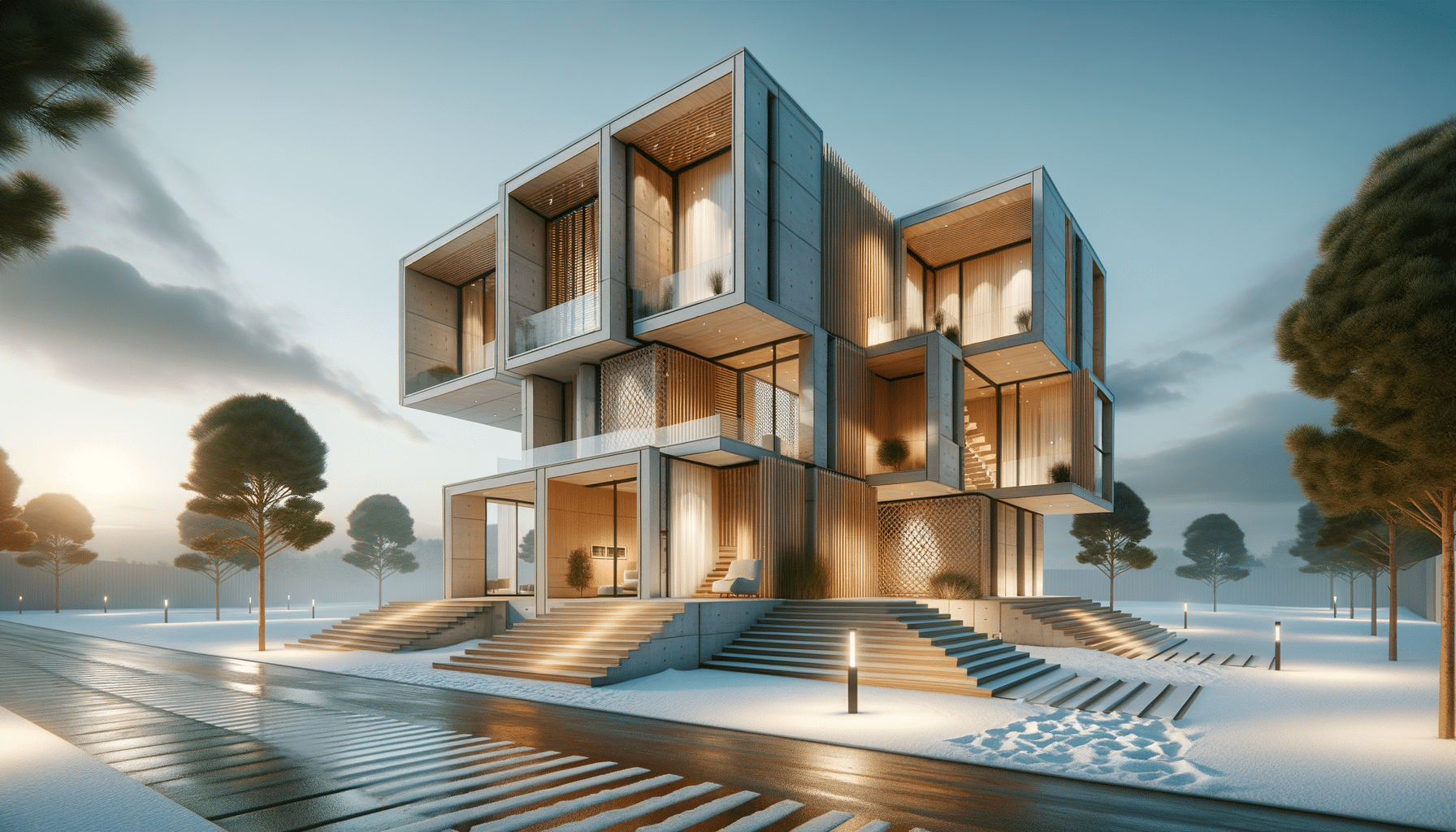
Transforming Spaces: A Comprehensive Guide to Home Renovation
Introduction to Home Renovation
Home renovation is more than just a trend; it’s a practical approach to enhancing the functionality and aesthetic appeal of your living space. Whether you’re looking to increase the value of your property or simply want to create a more comfortable and stylish environment, understanding the nuances of home renovation is essential. This article delves into the key aspects of home renovation, providing insights into planning, budgeting, and executing a successful project.
Planning Your Home Renovation
Effective planning is the cornerstone of any successful home renovation project. It begins with a clear understanding of your goals and the scope of the project. Start by assessing your current space and identifying areas that need improvement. Consider factors such as functionality, space utilization, and aesthetic preferences. Create a detailed plan that outlines your vision, including specific changes you want to make and the materials you plan to use.
Engaging with professionals such as architects or interior designers can provide valuable insights and help refine your ideas. They can offer expert advice on structural changes, design trends, and material selection. Additionally, obtaining necessary permits and understanding local building codes are critical steps in the planning process that should not be overlooked.
Key planning steps include:
- Setting clear objectives and priorities
- Researching design ideas and materials
- Consulting with professionals for expert guidance
- Understanding and complying with local regulations
Budgeting for Your Renovation Project
Budgeting is a crucial aspect of any renovation project. It requires a careful balance between your vision and financial constraints. Begin by estimating the costs of materials, labor, and additional expenses such as permits and inspections. It’s advisable to allocate a portion of your budget for unforeseen expenses that may arise during the renovation process.
To ensure effective budgeting:
- Get multiple quotes from contractors to compare pricing
- Prioritize spending on areas that add the most value
- Consider cost-saving measures such as DIY projects where feasible
- Keep track of expenses to avoid overspending
Ultimately, a well-planned budget will help you manage your finances effectively and achieve the desired results without compromising on quality.
Executing the Renovation
Execution is where your plans come to life. Hiring skilled contractors and maintaining open communication are vital to ensuring the project runs smoothly. Establish a timeline with milestones to track progress and address any issues promptly. Regular site visits and meetings with your contractor can help keep the project on track and within budget.
Effective execution involves:
- Choosing reputable contractors with proven track records
- Maintaining clear communication to avoid misunderstandings
- Monitoring progress and making adjustments as needed
- Ensuring quality control throughout the renovation process
By staying involved and proactive, you can navigate challenges and ensure that the final outcome aligns with your vision.
Conclusion: Embracing the Transformation
Home renovation is an exciting journey that requires careful planning, budgeting, and execution. By understanding the key elements involved and leveraging expert guidance, you can transform your living space into a haven that reflects your personal style and meets your functional needs. Whether you’re updating a single room or undertaking a complete overhaul, the principles discussed in this article will help you achieve a successful renovation.
Remember, the ultimate goal is to create a space that not only enhances your quality of life but also stands the test of time. Embrace the transformation and enjoy the process of turning your house into a home that you love.


